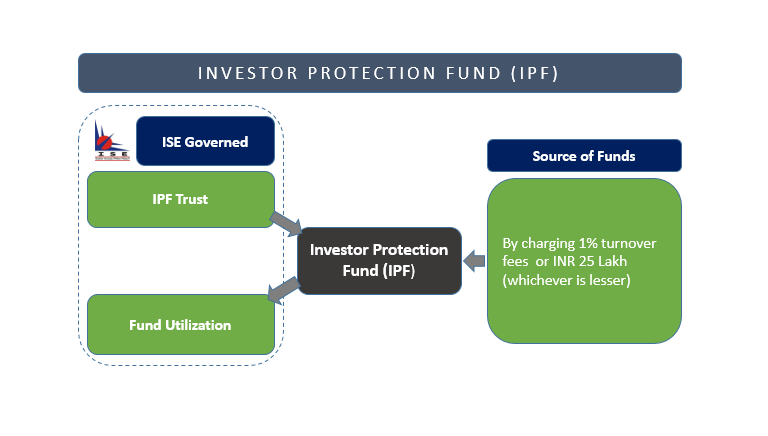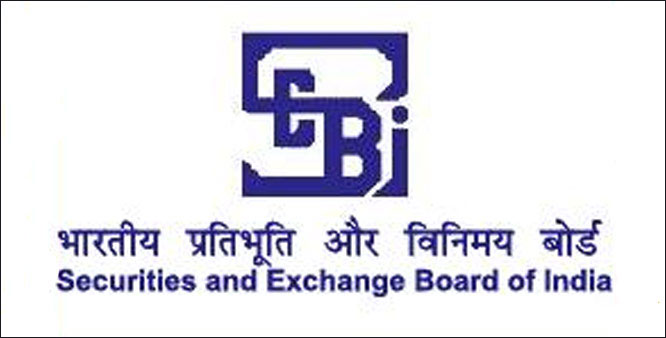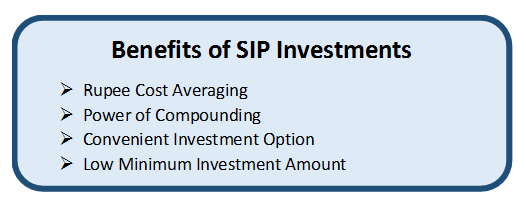
Table of Contents
Hands-Off Investor
Who is a Hands-Off Investor?
A hands-off investor refers to a person who is willing to set an investment Portfolio and make merely minor alterations for the long-term.

Several hands-off investors generally use target-date funds or Index Funds that make just slow and small changes to holdings; thus, don’t require enough monitoring.
Understanding Hands-off Investment
The strategy of hands-off investment is perfect for several retail investors who might not have sufficient time to periodically monitor their investment and research on them. Hands-on management needs investors to consistently stay updated on the positions that they are holding.
Often, this needs research for many hours each week. Basically, active managers have a belief that by completing this work, they can easily earn higher than the average investment returns. It is not necessary that a hands-off strategy would be underperforming.
Several investors believe in the indexing approach, which suggests that sticking with a diversified portfolio for long-term is the ultimate way to generate wealth. Considering that index funds generally have low expense ratios, hands-off investors relish an inbuilt advantage over those who are active traders, paying more than necessary in trading commissions and losing out to bid-ask spread.
Talk to our investment specialist
Advantages and Disadvantages of a Hands-Off Investor
Over the last two decades, the average equity investors have managed to earn 5.29% each year, and the S&P 500 Index has acquired 7.20% every year. Let’s assume hypothetically that an investment worth Rs. 100,000 would have allowed an average investor to earn almost Rs. 120,000 in comparison to a hands-off investor who is holding onto S&P 500.
There is a myriad of reasons behind investor underperformance. However, an attempt to time the Market and biases in behaviour, like loss aversion and more are some of the primary causes.
On the contrary, hands-off investors can get advantages from the price return on their investment and from the reinvestment of dividends. As far as Mutual Fund investors are concerned, this strategy allows investors to buy more fund shares and how their dividend keeps processing. However, what must be noted here is that hands-off investors, who are not into the target date fund but adjust the allocation over a period of time, can take additional risks while approaching their retirement.
All efforts have been made to ensure the information provided here is accurate. However, no guarantees are made regarding correctness of data. Please verify with scheme information document before making any investment.












